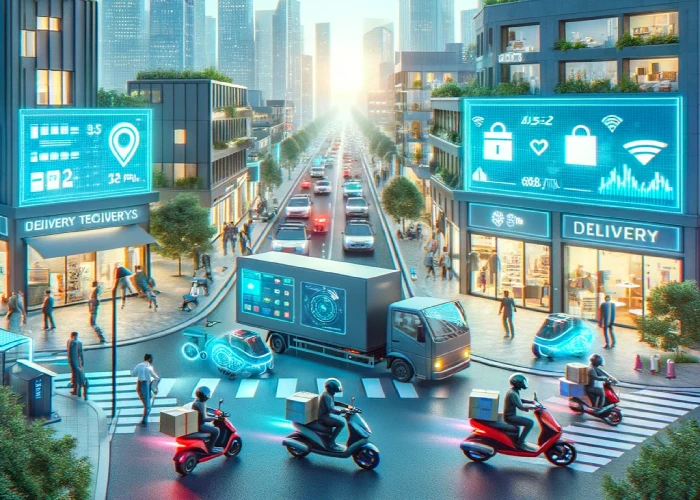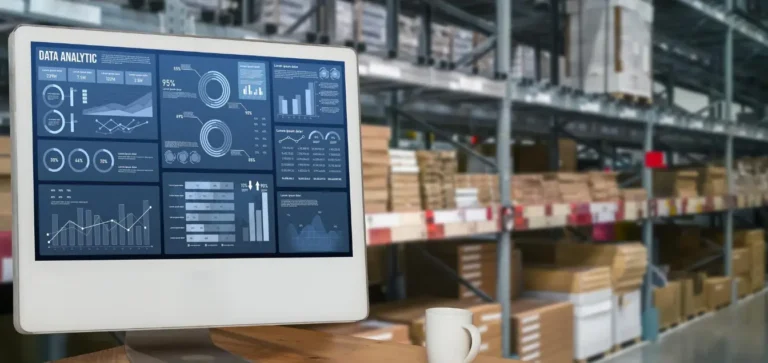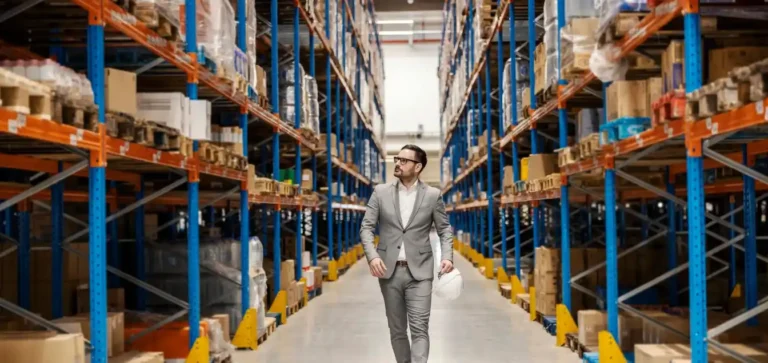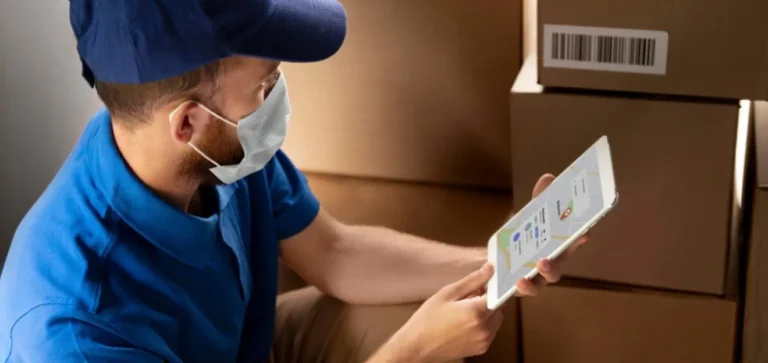In recent years, the logistics and delivery industry has experienced a significant transformation, primarily driven by the advent of innovative last mile technology. This technology, focusing on the final leg of the delivery process – from the transportation hub to the final destination – is not just revolutionizing how goods are delivered but also significantly enhancing customer satisfaction and operational efficiency.
Table of Contents
The Innovative Last Mile Challenge
Historically, the last mile has been the most problematic and expensive part of the delivery process. It involves multiple stops with low drop sizes, often in congested urban areas, making it time-consuming and costly. However, with the rise of e-commerce and increasing consumer demand for faster deliveries, the efficiency of the last mile has become a critical factor for businesses.
Emerging Technologies in Last Mile Delivery
Autonomous Delivery Vehicles in Innovative Last Mile: Self-driving cars, drones, and robots are at the forefront of last mile innovation. Companies like Amazon and UPS are experimenting with drone delivery systems, aiming to reduce delivery times and costs significantly. Similarly, autonomous ground vehicles and delivery robots are being tested in urban environments to handle local deliveries.
Advanced Data Analytics: Data analytics plays a crucial role in optimizing delivery routes. By analyzing traffic patterns, weather conditions, and customer availability, companies can plan the most efficient routes, reducing travel time and fuel consumption.
Read more: Customer-Centric Final Mile Services: The Key to Satisfying Today’s Consumers
Internet of Things (IoT): IoT devices in vehicles and packages within the scope of Innovative Last Mile technology enable real-time tracking and monitoring. This technology provides customers with up-to-the-minute information about their deliveries and helps companies monitor the condition of goods in transit, particularly important for perishable items.
Electric and Eco-friendly Vehicles: With an increasing focus on sustainability, companies are adopting electric vehicles (EVs) for last mile deliveries. EVs not only reduce carbon emissions but also lower fuel costs and can navigate more easily in urban environments with restrictions on combustion engines.
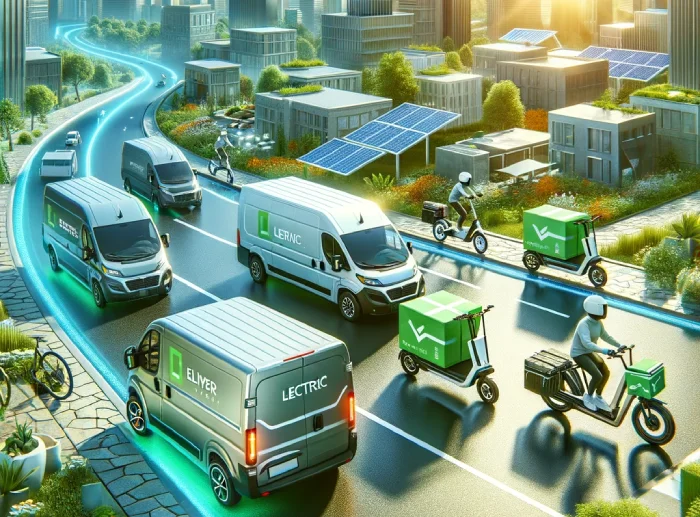
Crowdsourced Delivery: Platforms like Uber and Postmates use crowdsourcing to handle last mile deliveries. This model leverages local individuals who make deliveries using their vehicles, offering flexibility and scalability, especially during peak demand times.
Smart Lockers and PUDO Points: Smart lockers and Pick Up/Drop Off (PUDO) points are becoming popular solutions for addressing delivery challenges in urban areas. They provide a secure location for customers to pick up packages at their convenience, reducing the need for repeated delivery attempts.
Impact on Consumers and Businesses
The impact of these technological advancements in Innovative Last Mile technology extends beyond just the efficiency of delivery. For consumers, it means faster, more reliable, and more convenient delivery options. They can receive packages with minimal delay and have greater control over when and where their packages are delivered.
For businesses, the benefits are manifold. Improved last mile efficiency leads to lower operational costs, reduced carbon footprint, and enhanced customer satisfaction. This not only helps in retaining customers but also serves as a competitive advantage in an increasingly crowded market.
The Road Ahead
As we move forward, the integration of artificial intelligence and machine learning in Innovative Last Mile technology is poised to offer even more sophisticated solutions. These technologies could predict consumer behavior, further optimize delivery routes, and automate customer service interactions.
Moreover, with the ongoing push towards sustainability, we can expect to see a greater emphasis on eco-friendly delivery options. Innovations in packaging, combined with sustainable transportation methods, will contribute to a greener logistics industry.

Conclusion
Innovative last mile technology is not just a trend but a necessity in the fast-paced world of e-commerce and delivery services. It represents a significant opportunity for businesses to improve efficiency, reduce costs, and enhance customer satisfaction. As these technologies continue to evolve, they will undoubtedly shape the future of the delivery and logistics industry, making it more efficient, sustainable, and customer-focused.
Read more: Sustainable ecommerce: How Can Brands Become More Eco-Friendly?
Can Last Mile Delivery technology improve customer satisfaction?
Absolutely. Innovative Last Mile Delivery technology offers faster, more reliable, and flexible delivery options, which significantly enhances the customer experience. Real-time tracking, precise delivery windows, and alternative delivery methods like smart lockers contribute to higher customer satisfaction levels.
What role does AI play in Last Mile Delivery?
Artificial Intelligence (AI) is crucial in optimizing delivery routes, predicting customer preferences, and enhancing decision-making processes. AI algorithms analyze data like traffic patterns, weather, and historical delivery performance to streamline operations and improve delivery efficiency.

